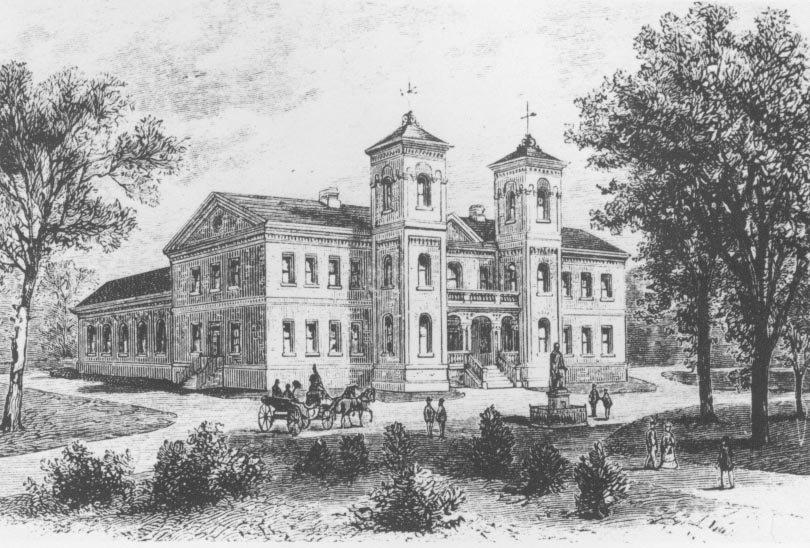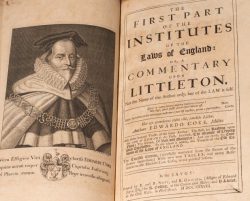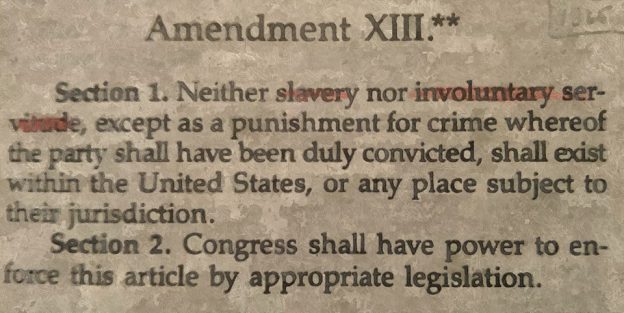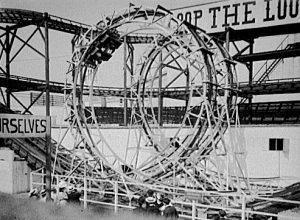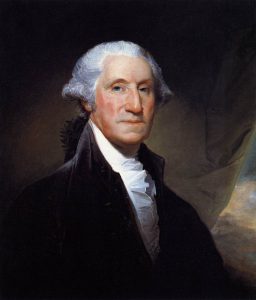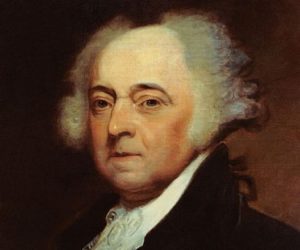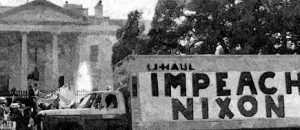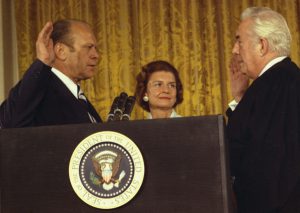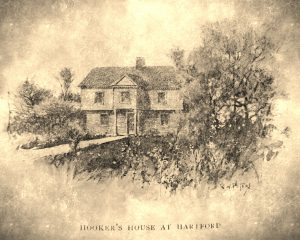 There are two principles of Government which are uniquely American. The first principle is our emphasis on local self-government. The second principle, and perhaps the most groundbreaking liberty-promoting concept in human history, is our insistence on written constitutions with clearly defined limits on governmental powers. These two principals combined signal a great advance in the progress of human civilization.
There are two principles of Government which are uniquely American. The first principle is our emphasis on local self-government. The second principle, and perhaps the most groundbreaking liberty-promoting concept in human history, is our insistence on written constitutions with clearly defined limits on governmental powers. These two principals combined signal a great advance in the progress of human civilization.
A written Constitution implies two things.
1. A recognition by “we the people” that government is necessary to provide stability and order.
2. An awareness among “we the people” that this same government can degenerate and become a threat to individual liberty.
These principles are so important to Americans that we put them into practice in our earliest days. Here’s the story.
—Winthrop vs. Hooker: The Preview of Hamilton vs. Jefferson
What is now Connecticut began taking shape in the 1630s. There were those who grew dissatisfied with the operations of government; the clergy had too much power and only church members could vote. The towns of Dorchester, Watertown, and Cambridge were the least content with these arrangements.
The pastor in Cambridge, Thomas Hooker, believed all the people should have a role in governing, directly or indirectly. “In matters which concern the common good,” said Hooker, “a general council chosen by all to transact business which concerns all I conceive most suitable to rule and most safe for the relief of the whole.”
This is the opposite view of John Winthrop, the younger, who, believing the people were incapable of governing, called for the “best” and “wisest” to run things.
Winthrop was aristocratic; Hooker was democratic. Winthrop vs. Hooker was a preview of Hamilton vs. Jefferson; a battle of ideas over the proper role of government, intellectual battles we’re still fighting today.
Hooker’s ideas were radical in his day. Connecticuthistory.org puts it into historical perspective beautifully,
“The foundation of authority is laid firstly in the free consent of people.” That principle lies at the heart of the representative system by which the United States has governed itself for more than two centuries. But when the Reverend Thomas Hooker declared those words in a sermon in Hartford on May 31, 1638, they were a radical concept.
In 1638 almost all the nations of the world were governed by monarchs, emperors, tsars, and others who wielded power secured by inheritance or conquest. Ordinary people had little, and usually no, voice in selecting their leaders or making their laws.”
Hooker and his friends acted on their “radical” beliefs.
— America’s First Written Constitution: The Fundamental Orders of Connecticut
In the spring of 1636, weary of the constant religious bickering in Massachusetts, many people from Cambridge, Dorchester, and Watertown packed their things, trekked across the wilderness, finally arriving in the fertile Connecticut valley in July. Those with Thomas Hooker founded Hartford, those from Dorchester founded Windsor, and those from Watertown settled Wethersfield.
In January of 1639, representatives from each of these towns met in Hartford to approve a governing document written by Thomas Hooker. This constitution, made by a self-governing American community for itself, united the three towns into a republic called “Connecticut.” It went into force on January 24, 1639.
This is the first written Constitution in American History. The Fundamental Orders of Connecticut, as this constitution is known as, consisted of eleven liberty-based provisions.
1. It provided political equality for every citizen who took an oath of allegiance to the commonwealth. This eliminated the rule which only allowed Church members to be counted as citizens.
2. The king was denied jurisdiction.
3. The governor and other officers were to be elected yearly.
4. The representatives in the Assembly were apportioned among the townships according to population.
This Republic and Constitution more nearly resembled the Founding Fathers’ creation than any other colonial plan. The Fundamental Orders were in force for nearly two centuries!
Do you appreciate your liberties?

